The opportunistic teacher who embraces the leisure interests of his pupils in the hope of leading them to higher things is as frequently unsympathetic to the really valuable qualities of popular culture as his colleague who remains resolutely hostile. A true training in discrimination is concerned with pleasure.
Bio/Short Description
Barry Duncan was Canada's influential thinker and media literacy educator who was the co-founder of the Association for Media Literacy in 1978. He believed that children should be trained early and often to understand media - especially the ads aimed at them - and how to deconstruct them. Under his leadership, he developed groundbreaking ideas and curricula and helped advocate for media literacy in Canadian schools. He was a deep influence on hundreds of teachers as they refined their own media teaching expertise. He authored several textbooks (notably, Mass Media and Popular Culture), and received several awards and international accolades for his unrelenting promotion of media literacy. In his lifetime, he taught for many years at Toronto’s School for Experiential Education (S.E.E.), as well as teaching the Media Studies Additional Qualifications courses for both the University of Toronto and York University. As a result of Barry’s career and tireless volunteer work with The Association for Media Literacy, Ontario is the beneficiary of high-quality, world-leading media education. He was, quite simply, to K-12 Media Education what McLuhan was to the post-secondary discipline. He died in 2012.
Duncan loved popular culture and understood why it mattered and had to be taken seriously in schools. He was also funny, with a modest and self-deprecating demeanor. For example, media literacy is a wholly interdisciplinary form, and Duncan made sure it stayed that way. He insisted on linking it to economics, class, language, visual arts, psychology and even sexuality. You couldn't slot it into a traditional department and he loved that. Fearlessly, he fought for even the most challenging material. In the 80s, he collaborated on a series of initiatives to bring the issue of media and sexuality into the curriculum.
HOW THEY INFLUENCED YOU?
Videos
Other Grandparents
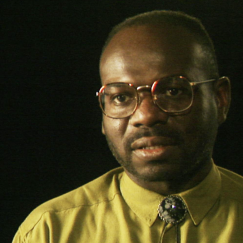 Marlon Posted By: Renee HobbsOn:11/29/2023 - 00:56
Marlon Posted By: Renee HobbsOn:11/29/2023 - 00:56
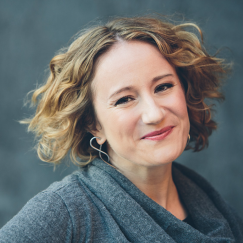 danahPosted By: Yonty FriesemOn:01/06/2023 - 07:34
danahPosted By: Yonty FriesemOn:01/06/2023 - 07:34
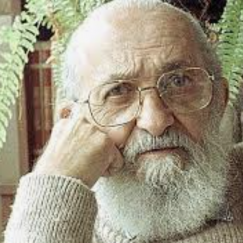 PaoloPosted By: Renee HobbsOn:07/22/2021 - 16:11
PaoloPosted By: Renee HobbsOn:07/22/2021 - 16:11
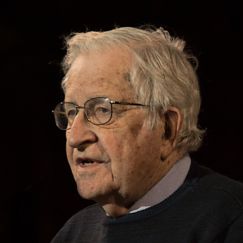 NoamPosted By: Renee HobbsOn:05/23/2020 - 03:48
NoamPosted By: Renee HobbsOn:05/23/2020 - 03:48
 Jon Posted By: Renee HobbsOn:05/10/2020 - 00:12
Jon Posted By: Renee HobbsOn:05/10/2020 - 00:12

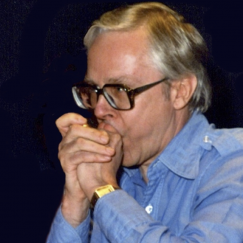

Renee Hobbs
Dear Barry: Fr. John Pungente tells me that you’re in your final days now. I wanted to take the opportunity to tell you how important you have been to my life and work. You have been a lifelong learner and a courageous teacher and leader. I will always treasure your great mind, warm heart and generous spirit.
I remember when you joined us at the Harvard Institute on Media Education in 1993– you created a rich and informal experiental learning opportunity when you led participants on a walk of Harvard Square, deconstructing the symbolic environment, modeling the way media literacy educators teach attentional skills (learning to see) using a deft blend of theoretical ideas and the sharing of meaning.
And of course, your “call of the loon” at the end of our media literacy conferences has bound us together for many years – and reminded us of our deep connection to the communicative practices of the planet earth. It is an important tradition that I will continue to treasure and carry forward in the years ahead.
Know that I hold you very dear in my heart and acknowledge your important leadership and vision in creating a North American and global media literacy community.
With love,
Renee